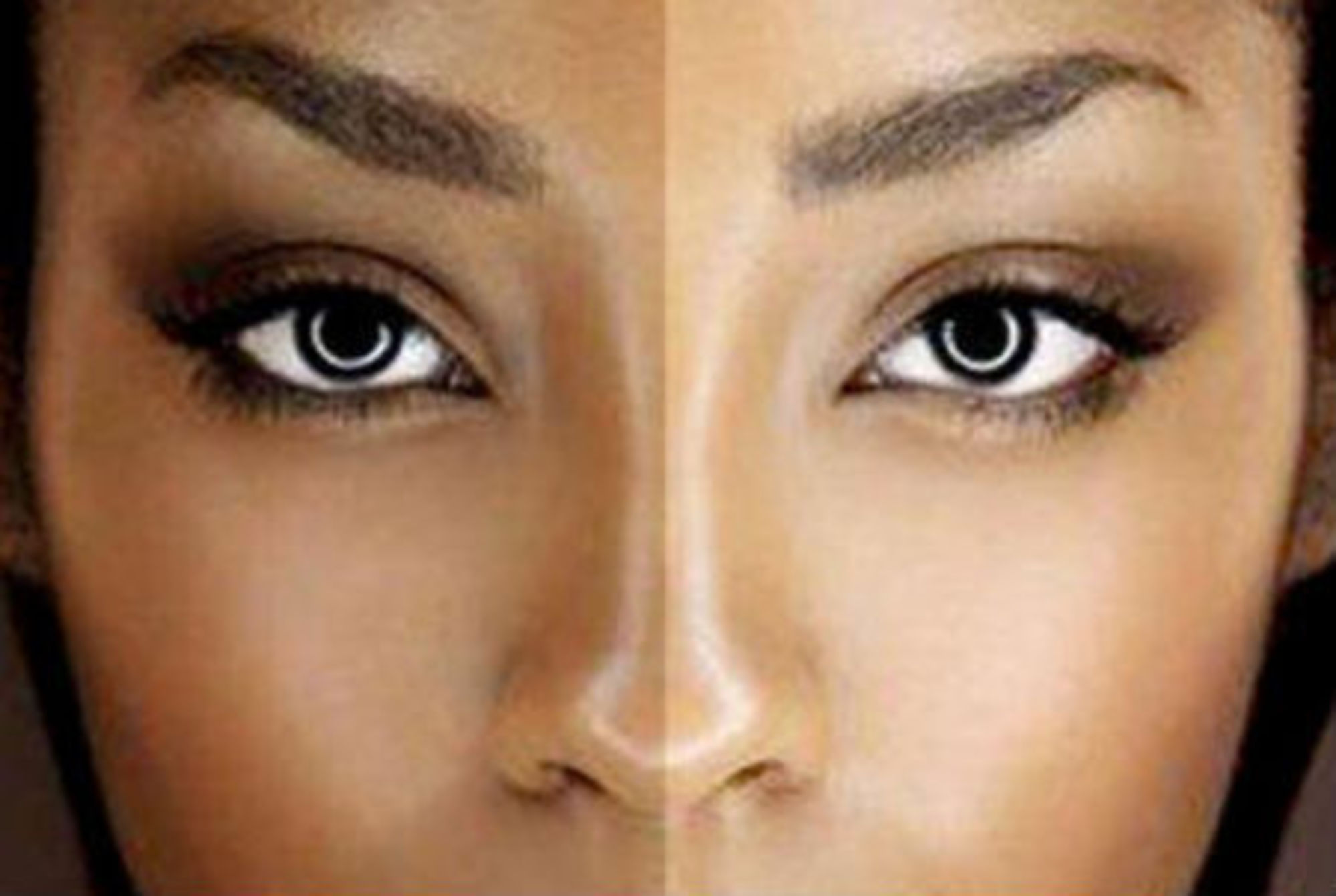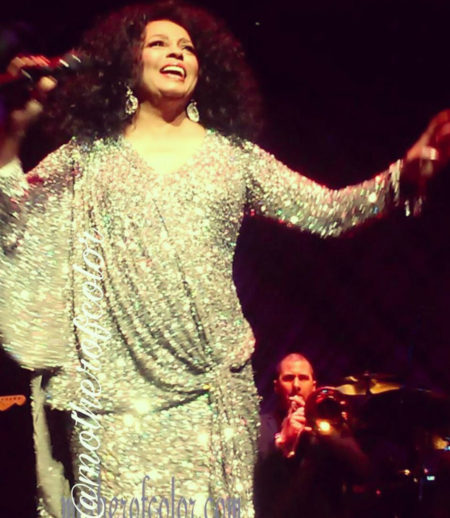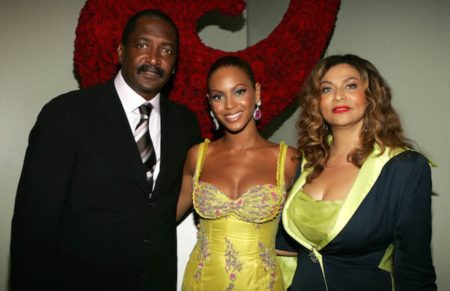Picture it: Verizon Theatre, February 2015. The air was crisp and the roads were icy, but the weather was all but forgotten when I witnessed one of my favorite performers, Diana Ross, live on stage. It wasn’t my first time at the venue or even my first time seeing a superstar, but the concert did allow me to witness, and even shake hands with, “The Boss.” For that moment in time, I alternated between ‘focused music critic’ and ‘Lil’ LoLo,’ an African-American girl from the Midwest who grew up admiring the former Supreme. To some, she was simply glamour, sweet vocals and a smile, but to my culture and generation, Diana Ross rose from similarly humble beginnings to mainstream success while making our Blackness beautiful. James Brown may have given us the rally cry of “I’m black and proud,” but women like Ross showed us dark-skinned girls know that even as we declared our humanity, we could still jump fly in the process.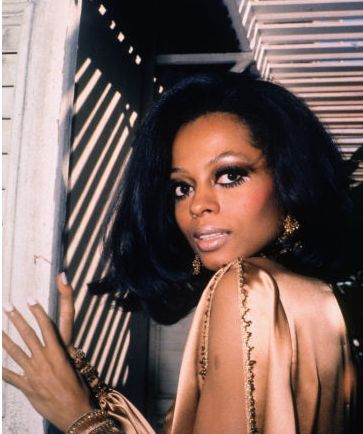
That magical February evening aside, I count myself lucky for growing up in such a transformative time. On stage and on screen, African-American women like Cicely Tyson, Gladys Knight, Pam Grier, Stephanie Mills, Chaka Khan, Debbie Allen, Alfre Woodard, Phylicia Rashad tapped into their gifts so resolutely that Eurocentric standards of beauty and accomplishment were forced to acknowledge their greatness. Too bad that others are still struggling to embrace the skin they’re in, as witnessed in passages from Racism From the Eyes of a Child, a book recently penned by Matthew Knowles (most famously known as the father of TX natives and music stars, Solange and Beyonce Knowles).
Now a professor at Texas Southern University, Knowles reveals how deeply his life was and is affected by colorism, a by-product of racism that creates bias and discrimination based on how light or dark one’s skin tone is in non-white communities. “When I was growing up, my mother used to say, ‘Don’t ever bring no nappy-headed black girl to my house,’” he recently told Ebony magazine. “In the deep South in the ‘50s, 60s and 70s, the shade of your blackness was considered important. So I, unfortunately, grew up hearing that message.”
This troubling revelation wasn’t the only one Knowles revealed; in addition to admitting to an “eroticized rage” that caused him to see acquiring a white woman as “getting back” at society, he also revealed that his initial attraction to his ex-wife, Tina Knowles, came from his perception that she was white and that today, he believes his now-adult daughters wouldn’t be as successful in entertainment if they happened to have darker shades of skin. In other words, despite “therapy and sharing,” Knowles still seems to believe that people with extra doses of melanin and coily Africanized hair—traits that he obviously embodies—are less likely to have fortune or favor in life.
I have questions. Where is this motivation coming from to self-reflect *cough cough, book sales*? How can Knowles so comfortably attribute skin tone as the main reason his daughters are popular performers, as if his infamously heavy-handed tactics as their former manager weren’t also a factor *go ask John B and Sunshine Anderson*? No parent is perfect, mine included, but at least my father never implied that his two dark-skinned daughters were less worthy, less beautiful, or less anything because we resemble him. As Matthew is allegedly now estranged from Solange and Beyonce, did Knowles think that publicizing these thoughts would enhance their relationships? Confessing the taint of colorism is one thing….indulging and perpetuating the bias in the guise of ‘healing’ is ultimately worse.
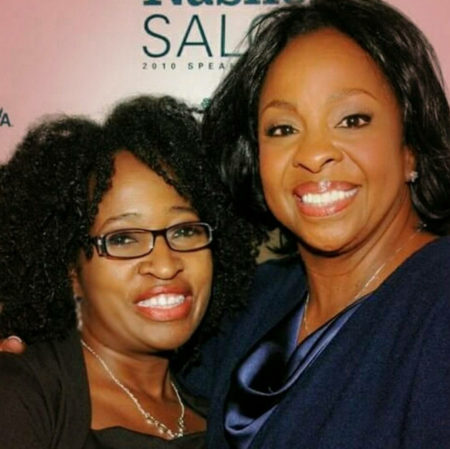 As disappointing as Matthew’s words are, they do reflect racism’s collateral damage. Obstacles to blackness still remain, but I grew up with examples showing me that I could and that I mattered, brown skin and all. My parents–and in her own way, Diana—taught me that much.
As disappointing as Matthew’s words are, they do reflect racism’s collateral damage. Obstacles to blackness still remain, but I grew up with examples showing me that I could and that I mattered, brown skin and all. My parents–and in her own way, Diana—taught me that much.

